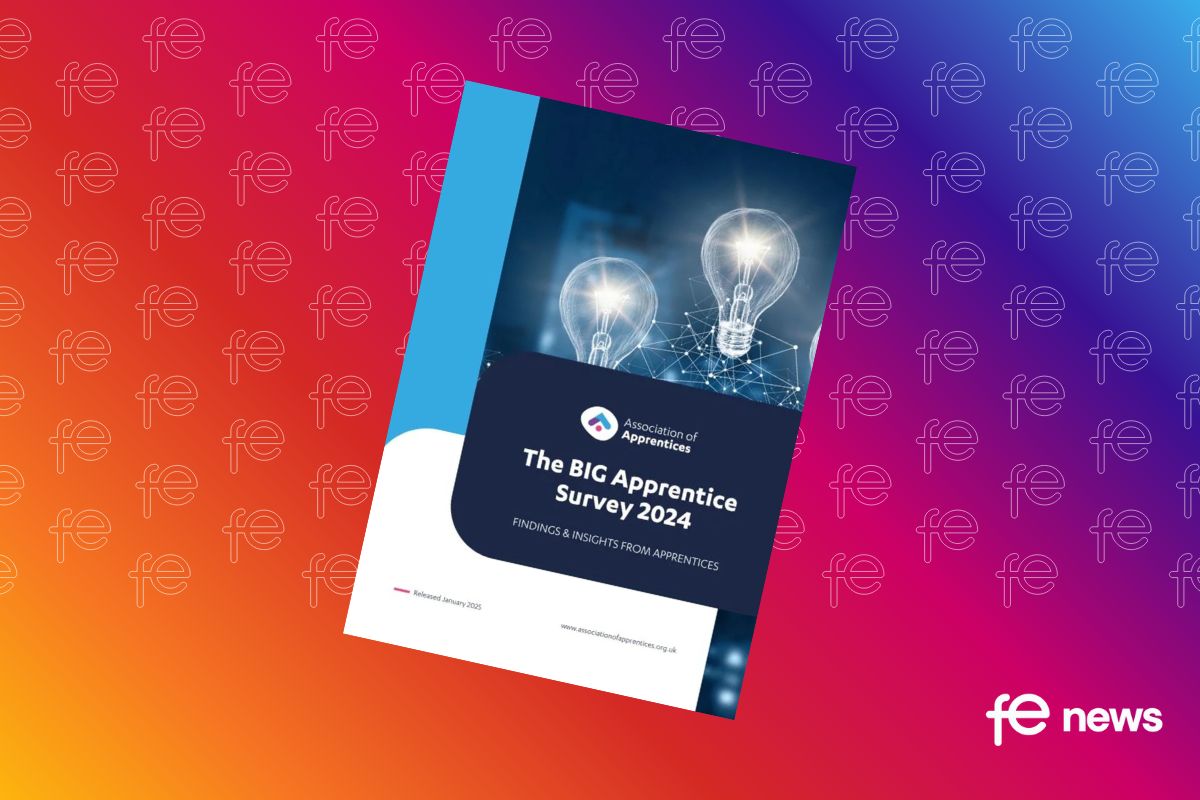Close the digital divide to enable a ‘digital first’ FE sector post-Covid – argues new eBook

@UfiTrust and @AoC_Info launch new eBook called Creating a post Covid19 EdTech Strategy
Today (Friday 10 July) sees the publication of a new eBook Creating a post-Covid19 EdTech Strategy bringing together all the wisdom and lessons learnt from lockdown learning. Funded by Ufi the eBook uses a series of insightful articles, tackling the biggest issues for lecturers, students and college leaders during lockdown. The new publication makes the case for serious investment into digital infrastructure to enable an education system fit for the ‘new normal’.
It argues that to maintain high levels of student engagement, quality teaching in the medium to long term and protect those at risk of falling out of education forever the government need to do more to invest at scale in content curation and creation to meet the needs of these learners and those that teach them.
A decade of substantial under-investment in the FE Sector has clearly contributed to the failure of technology as the great leveller. The articles found in this eBook show that those that were able to invest in all forms of digital infrastructure, including tutor CPD are those that were best placed to respond to the crisis. With many students lacking access to the necessary technology, and often in significant numbers in some communities, they have been left behind. Despite the incredible and widely acknowledged effort of all the sector. The risk now is that as blended learning becomes embedded into curriculums, those without access will fall further behind, the gap will widen further, and with rapidity if the government does not support and fund a ‘digital first’ FE sector.
To ensure that no student or apprentice is left behind, we need to learn from the authors of Creating a post-Covid19 EdTech Strategy and together with edtech partners build a case for:
- funding to create a national online repository of high-quality interactive content specifically designed for vocational and skills-based delivery. This will include ‘bite size’ micro-credentialed content endorsed by industry sectors.
- increased funding to ensure accessibility for all FE learners to online resources is safeguarded through resilient and reliable connectivity.
- investment in the development and adoption of new assessment methodologies designed for secure remote delivery.
- capital investment ringfenced for the FE digital estate.
- supporting sector professionals to augment education where appropriate utilising digital assistants, automated workflows, data analytics, flexible working and reduced workflow.
- The digital infrastructure required to support a skills led recovery.
President of the Association of Colleges, Steve Frampton said:
“College leaders and staff have worked incredibly hard to ensure students do not lose out on their education during these unprecedented times. We must make sure that the significant learning from the crisis is put to good use and informs the strategy for the next generations of learners. This publication is a great window to what a new blended and on-line digital learning future should look like. Incorporating the wisdom gained from the sector’s covid19 response and the innovative tools and ideas for reopening and high-quality learning and teaching we have the perfect blueprint for post-16 education. It’s now time to government seized the opportunity to create a truly inclusive digital first learning experience for all students no matter their circumstances to ensure no learner, or teacher gets left behind.”
Deputy Chief Executive of Ufi VocTech Trust, Louise Rowland said:
“Ufi is very pleased to have been able to support the development of this publication and the valuable contribution the essays will make in shaping the debate on the future of post-16 education policy and in supporting teachers, trainers and vocational educational leaders to collaborate, share best practice, using the important lessons from lockdown for future generations of students.
Lockdown provided the impetus to accelerate the use of digital learning. It also revealed the underlying issues around culture and funding that are impacting digital readiness within the vocational educational sector, many of which are highlighted in the collection of essays in this publication.
At Ufi we know that using digital is the means to widen access to vocational learning and develop the workplace skills we need. To achieve this, we need a system that is fit for the future, ensuring that all learners, teachers, and institutions have access to the best tools available and the skills and confidence to use them.”
You can download the full publication here.











Responses